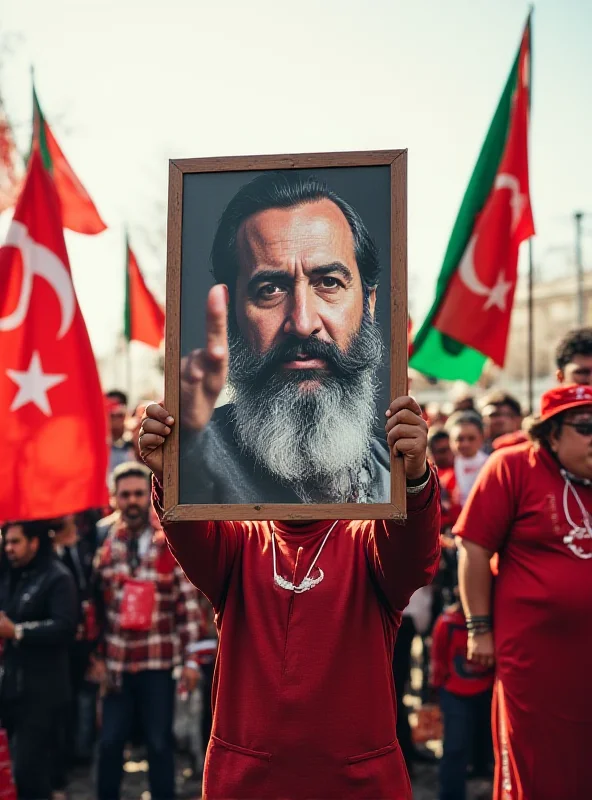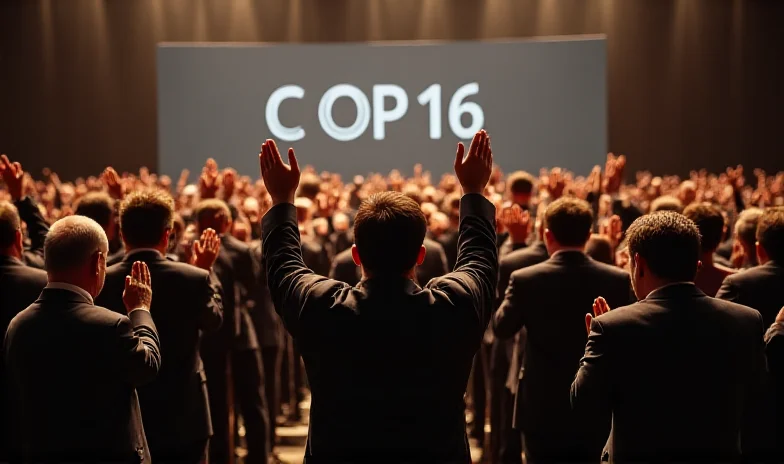In a world grappling with geopolitical tensions and environmental crises, two seemingly disparate stories highlight the complexities of international cooperation and long-standing political issues. The UN biodiversity conference, COP16, concluded in Rome with a hard-won agreement on nature finance, while the legacy of Kurdish leader Abdullah Öcalan continues to resonate in the region.
COP16: A Fragile Victory for Nature
Delegates at COP16, held in the Eternal City of Rome, breathed a collective sigh of relief after reaching a compromise on funding to protect species and their habitats. This agreement, forged after marathon negotiations, aims to address the pressing issue of nature loss, which ministers warn is slipping out of reach by the 2030 target. The deal breaks a deadlock that stymied previous talks, demonstrating a renewed commitment to international cooperation despite global challenges.

COP16 president Susana Muhamad, visibly moved, brought down the gavel on the agreement, outlining a roadmap for nature finance. However, despite the applause and emotional moments, concerns linger about whether sufficient funding will materialize to effectively combat nature loss. Critics argue that the agreement, while a step in the right direction, may not be enough to meet the ambitious goals set for 2030.
“The task of halting nature loss by 2030 is slipping out of reach,” warned one minister, highlighting the urgency of the situation. The success of the COP16 agreement hinges on the commitment of nations to translate promises into concrete action and financial support.
Öcalan's Enduring Influence
Meanwhile, the figure of Abdullah Öcalan, the imprisoned founder of the PKK, continues to cast a long shadow over Kurdish issues. While Ankara declared the Kurdish issue "solved" following Öcalan's call for the dissolution of the PKK, the reality on the ground remains complex. Prospects for cultural rights for Kurds appear to be further diminished, raising questions about the true extent of reconciliation.

Adding another layer of intrigue is the mystery surrounding Öcalan's decision to surrender in Rome in 1998. An article originally published in Repubblica explored the reasons behind this choice, hinting at an "international mystery" that continues to fuel speculation. Why Rome? The question persists, underscoring the complex web of political alliances and historical events surrounding the Kurdish issue.
Looking Ahead
The fragile agreement reached at COP16 and the enduring influence of Abdullah Öcalan serve as reminders of the challenges and opportunities facing the international community. Whether it's securing funding for nature conservation or addressing long-standing political conflicts, cooperation, compromise, and a commitment to action are essential for building a more sustainable and peaceful future. The world watches to see if these promises will translate into meaningful change.

The journey ahead will undoubtedly be fraught with challenges, but the agreements and discussions forged in Rome offer a glimmer of hope in a world often defined by division and uncertainty.
